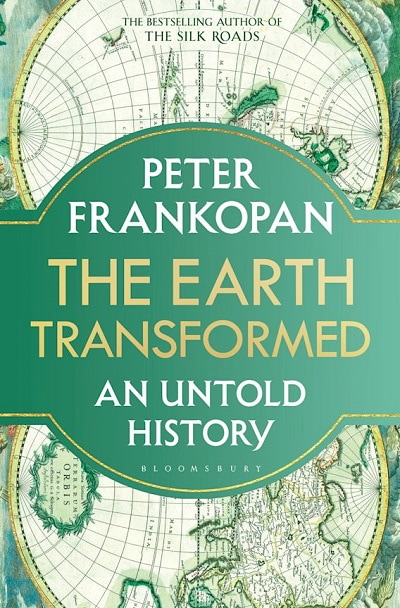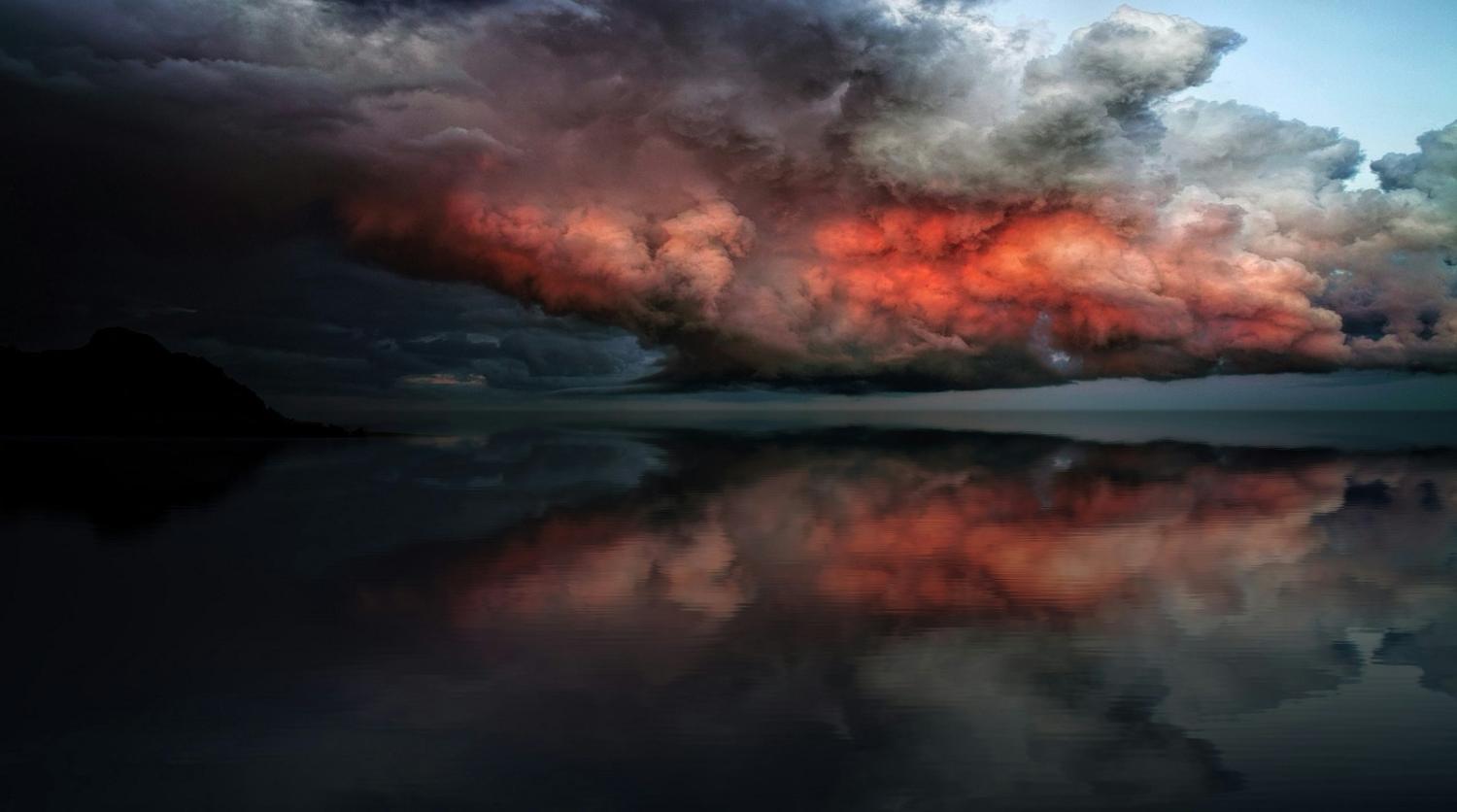
The Earth Transformed: An Untold History by Peter Frankopan (Bloomsbury, 2023)
Any one-volume history of “an untold story” of the world “from the dawn of time” might be placed in lineal succession to magisterially wide-ranging tomes by Jared Diamond, Yuval Noah Harari, Ernst Gombrich and, above all, to Kenneth Clark’s television series “Civilisation”.
Doing so, though, would do Peter Frankopan an injustice. His most recent book, The Earth Transformed, is indisputably ambitious, requiring a polymath’s grasp of multiple disciplines, indefatigable diligence and a mastery of what the author calls “other actors, factors, influences and impulses” that bear on his compendious subject. Nonetheless, Frankopan deftly avoids many of the temptations of panorama history, which might often seem over-generalised, unduly superficial or overtly dogmatic.
Frankopan’s focus is on “how our species has transformed the Earth”. Reasonably, if a tad briskly, Frankopan contends that the perspective of many historians remains “both highly self- and species-centred and laughably narrow”. His own approach is disconcertingly broad. While using many new sources now available to historians (such as machine learning, computer models and data analysis), he remains acutely aware of the need to tell a good story well; that is, accessibly, pungently and coherently.
Instead, therefore, of chronicles of “great” men and their wars, this assessment emphasises the impact of storms, floods, winters, droughts and volcanic eruptions. The critical databases used to buttress the argument include written records of centuries-old timings for Japanese cherry blossom festivals and clam shells from the coast of Peru.
Most students of history would be familiar with instances of the interplay between humans, weather and nature, whether that be the Black Death, development of the cotton and rubber industries, the demise of the Aral Sea, or misguided invasions of Russia. Frankopan, however, adds to these conventional accounts a rich texture, innumerable illustrations and a most thorough and scrupulous handling of the evidence.
Throughout, Frankopan reveals himself to be as deeply curious as he is learned. If we were picking favourites, then the chapter on nature and the divine (covering 1700–300 BC) is a quite exemplary job of sceptical, studious synthesis.
Some of the best recent work in history concentrates on one person only (take Lucy Hughes-Hallett’s The Pike) or even one day alone (The Fall of Robespierre by Colin Jones). By contrast, Frankopan takes the notion of “la longue durée”, associated with the French Annales school of historians, out to its vanishing point. He starts 3.8 billion years ago, then ranges past the present day to offer conclusions about the ways we are “taking extraordinary risks with our futures”.
Frankopan worries that we might become “the architects of our own demise”. All his exhaustive research, all his intricate argumentation, all his determined command of current research, all those skills are employed in the service of one of the oldest purposes in history writing. Having meticulously enumerated our past mistakes and excesses, Frankopan insists that we cannot afford to repeat or to persevere with such errors. As his introductory quote from the Qur’an reminds us, “do not transgress the balance that has been established”.
Main image courtesy of Unsplash user Johannes Plenio

